Confronting State Violence across the Globe
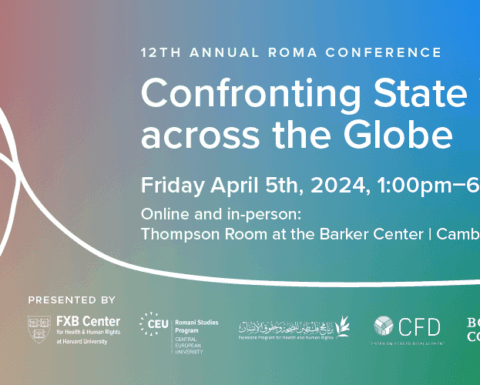
Date and Time
Watch the YouTube livestream below:
Date and Time: Friday, April 5, 2024 at 1:00pm – 6:30pm EDT. Reception to follow at 6:30pm.
Location: 110 Thompson Room, Barker Center, 12 Quincy St, Cambridge MA 02138 (Harvard University) and online
Conference Overview:
In partnership with the Romani Studies Program at Central European University, the Palestine Program for Health and Human Rights, the Center on Forced Displacement at Boston University, the Center for Human Rights and International Justice, History and Music Departments at the Morrissey College of Arts and Sciences at Boston College, the Carr Center for Human Rights Policy at the Harvard Kennedy School, the Harvard University Committee on Ethnicity, Migration, Rights (EMR), and the Human Rights Program at Harvard Law School, the Roma Program at the FXB Center for Health and Human Rights will host a free, hybrid format conference at Harvard University’s Barker Center (110 Thompson Room) on Friday, April 5, 2024. The Barker Center is located at 12 Quincy Street, Cambridge, MA, 02138. It is accessible by public transportation and near several garages but there is no parking on site. A reception will follow.
The annual Roma conference at Harvard has been established as a forum for presenting research and discussion concerning anti-Roma racism, its genesis, history, pillars, and manifestations. It seeks to advance the collection of Roma-related data and the improvement of research methods and practice-oriented research to inform the development of histories, policies, and practices centered on the Roma people. The Harvard Roma conference also seeks to place and co-center the Roma people in global conversations on anti-racism, justice-based policies and laws, and solidarity.
The 2024 conference is the 12th to take place at Harvard. Titled Confronting State Violence across the Globe, it will foster cross-border and interdisciplinary dialogues and examination of state violence. It will identify pathways for enacting reforms in law, policy, and practice that center on justice, intersectional, and anti-racism principles. The conference has a dual focus:
Firstly, it aims to interrogate the genesis and sources of power and the mechanisms and manifestations of state violence experienced by racialized communities across the world. Secondly, it will endeavor to unpack the concept of “ungrievable lives,” the narratives of the Other, the Oriental, or the Oriental within, and the politics of death that validate state-sponsored violence and injustices. As Judith Butler says in Frames of War, “An ungrievable life is one that cannot be mourned because it has never lived, that is, it has never counted as a life at all. We can see the division of the globe into grievable and ungrievable lives from the perspective of those who wage war in order to defend the lives of certain communities and to defend them against the lives of others—even if it means taking those latter lives.”
Background Information About International Roma Day (April 8)
Romani people worldwide have celebrated International Roma Day on April 8 for decades. This year will mark the 53rd anniversary of the First World Roma Congress, a historic moment when Roma Day, the flag, and the anthem were adopted. Some have turned the anniversary into a one-day opportunity to discuss their rich heritage through concerts, exhibitions, film screenings, conferences, and media events. Others, including activists and academics, have marked International Roma Day by organizing remembrance events to take stock of continuing racism and progress in social, political, cultural, and economic fields.
This April 8, we mark International Roma Day with the 12th Harvard Roma conference. We will use this critical moment to reflect on the recent racialized history of Roma people and contemporary obstacles and threats to Roma’s health and well-being, setting these within a broader comparative context.
Agenda
12:30pm – 1:00pm: Gathering
1:00pm: Greeting from the Master of Ceremonies
Keisha Bush, MFA
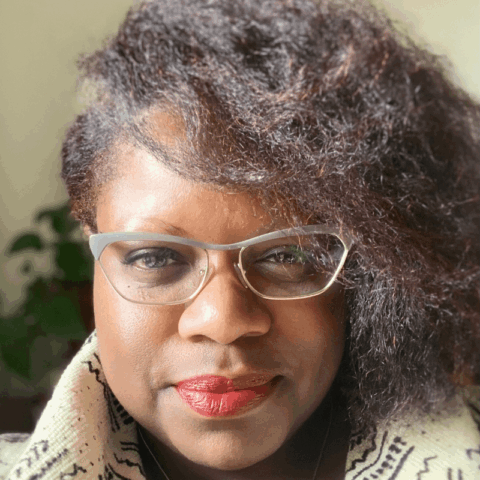
1:05pm – 1:15pm: Welcoming remarks
Mary T. Bassett, MD, MPH
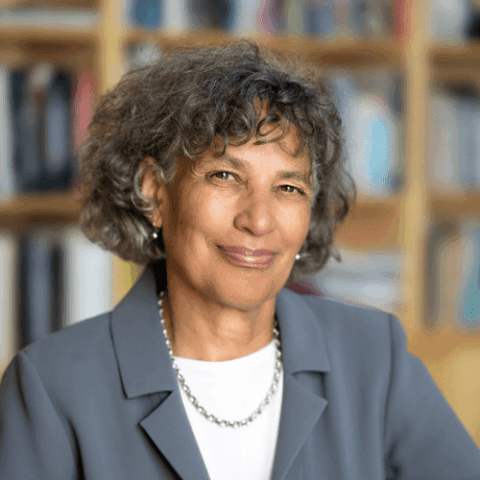
Ralf Yusuf Gawlick, DMA
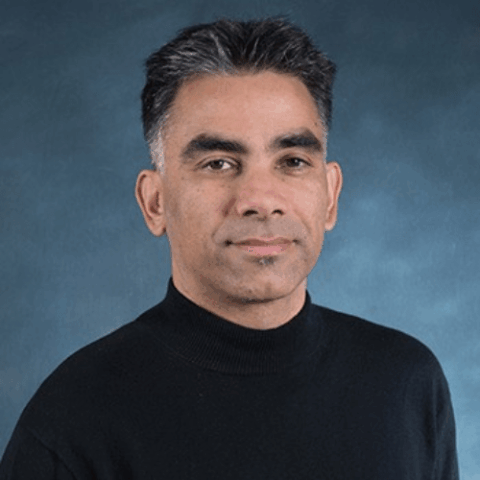
Muhammad Hamid Zaman, PhD

1:15pm – 1:20pm: Framing the Conference Issues
Neringa Tumėnaitė, MSc

1:20pm – 2:00pm: Keynote Panel – Lives Deemed Ungrievable
Margareta Matache, PhD (Panel Chair)
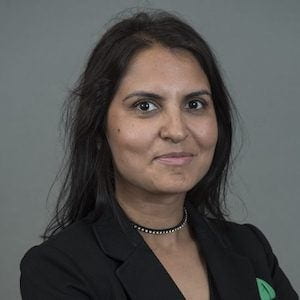
Cornel West, PhD
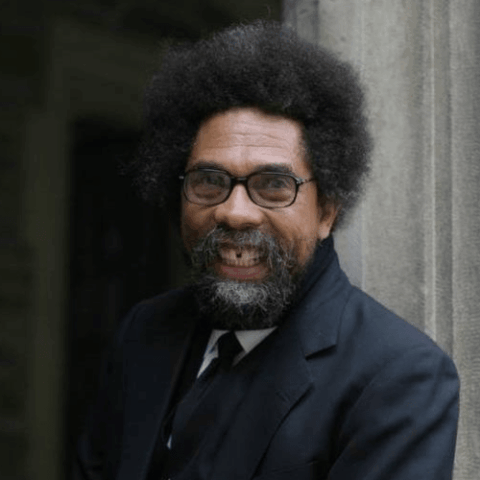
2:00pm – 3:30pm: Panel 1 – Facets of State Violence across the Globe
Jacqueline Bhabha, JD, MSc (Panel Chair)
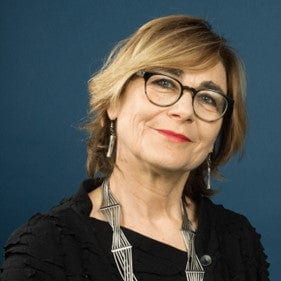
Abadir M. Ibrahim, JSD (Panel Discussant)

Cayetano Fernández
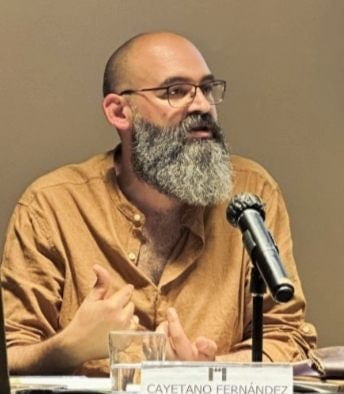
Zeina Jallad, LM, JSD
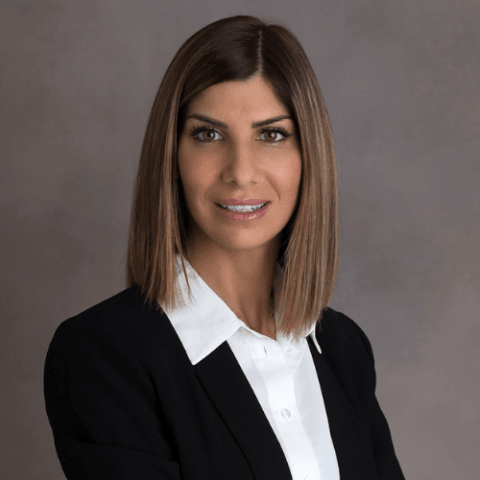
Chelsi West Ohueri, PhD
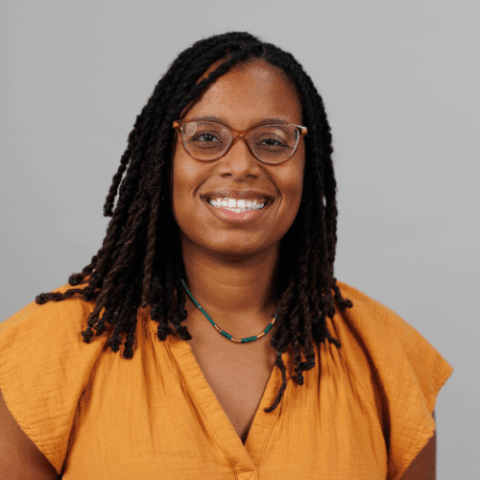
Suraj Milind Yengde, PhD
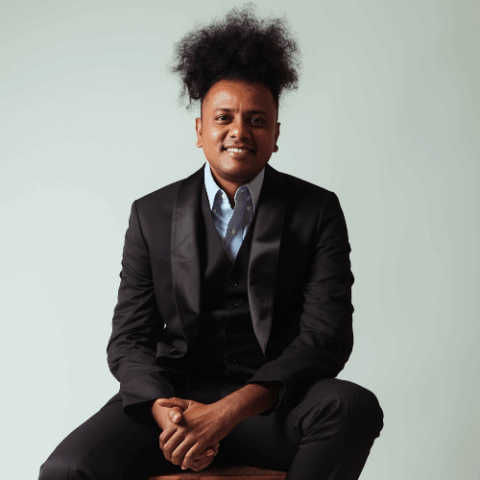
3:30pm – 3:45pm: Coffee Break
3:45pm – 5:30pm: Panel 2 – Facets of State Violence across the Globe – The Case of Health
Marie Plaisime, PhD, MPH (Panel Chair)

Mary T. Bassett, MD, MPH (Panel Discussant)

Sawsan Abdulrahim, PhD, MPH
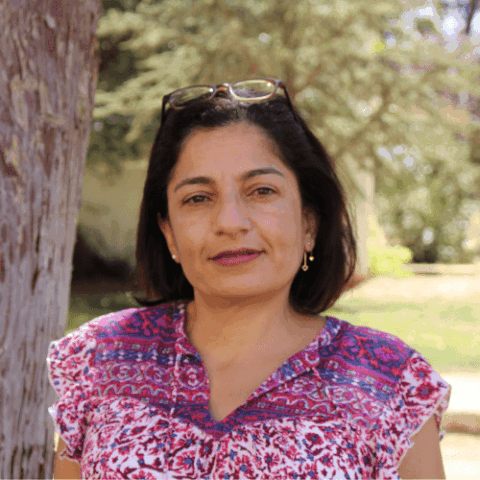
Sarah L. Bosha, LLM
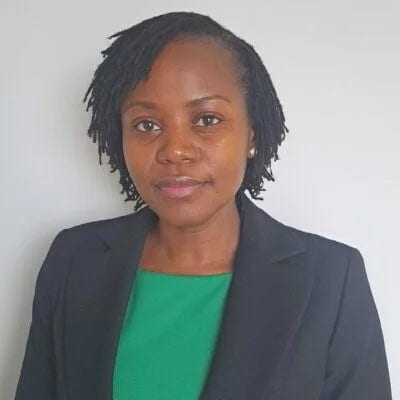
Cristina-Ioana Dragomir, PhD

Sebijan Fejzula

Simona Torotcoi, MSc, PhD
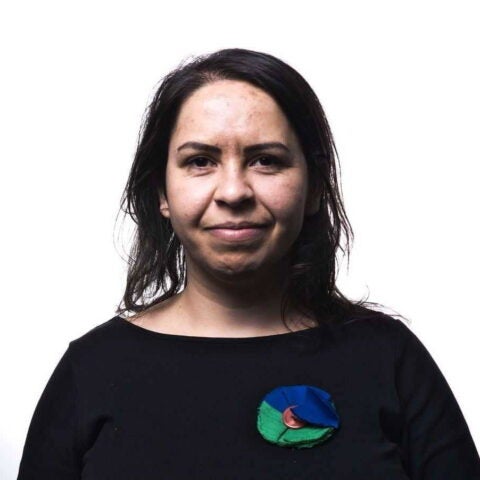
5:30pm – 5:40pm: Concluding Remarks
Natalia Linos, MSc, ScD
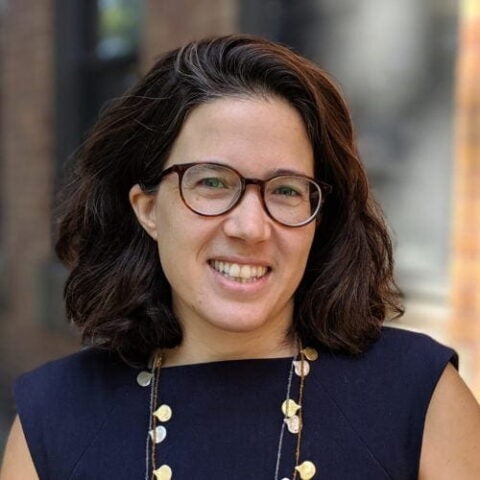
5:40pm – 6:30pm: Book Talk
Maria Bogdan, PhD (Panel Chair)
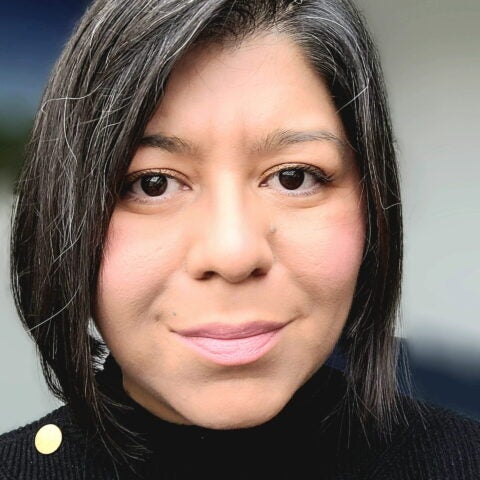
Maria Y. Atanasova, MPS (Panel Discussant)

Ari Joskowicz, PhD
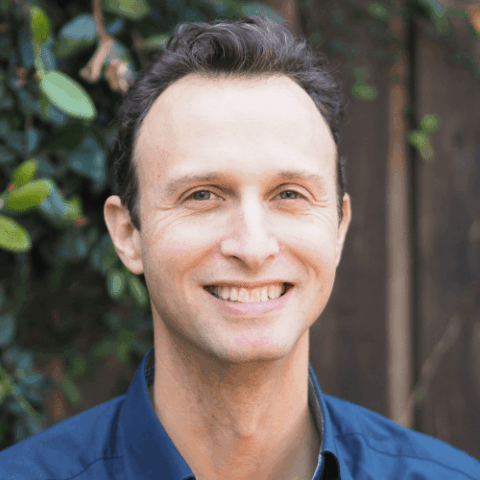
Aidan McGarry, PhD
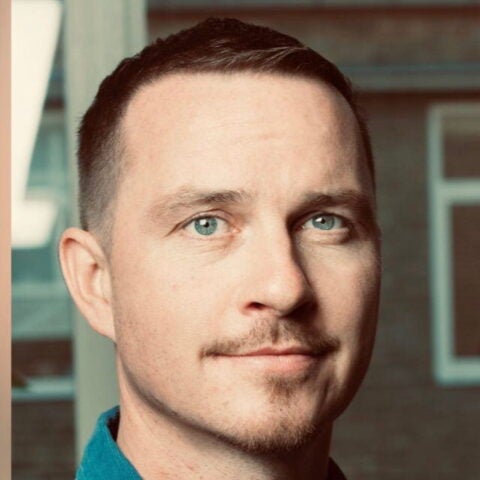
6:30pm: Reception
Free post-conference musical performance on Saturday, April 6, 2024. Open to the public.
Ralf Yusuf Gawlick’s O Lungo Drom (The Long Road) ~ An Oratorio on the Sinti and Roma People ~
Clara Meloni, soprano; Christoph Filler, baritone; László Rácz, cimbalom
Alban Berg Ensemble Wien
7:00pm: Pre-concert Lecture & Interview
Lecture:”Past Silence: Understanding the Romani Holocaust Today,” Siv B. Lie, PhD, University of Maryland
Interview between composer Ralf Yusuf Gawlick, DMA, Boston College, and Ioanida Costache, PhD, Stanford University
8:00pm: Concert
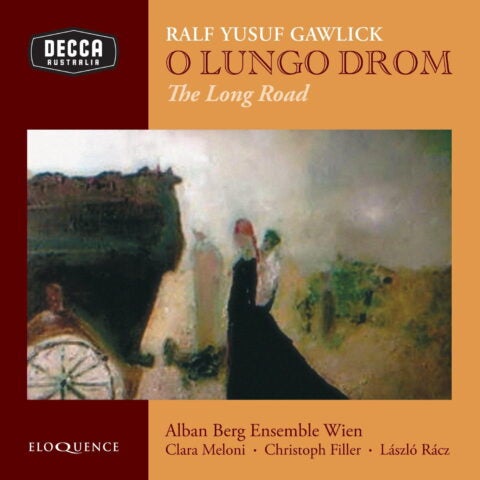
Speakers’ remarks are based on their own scholarship and experience. As such, they speak for themselves, not for Harvard University.

